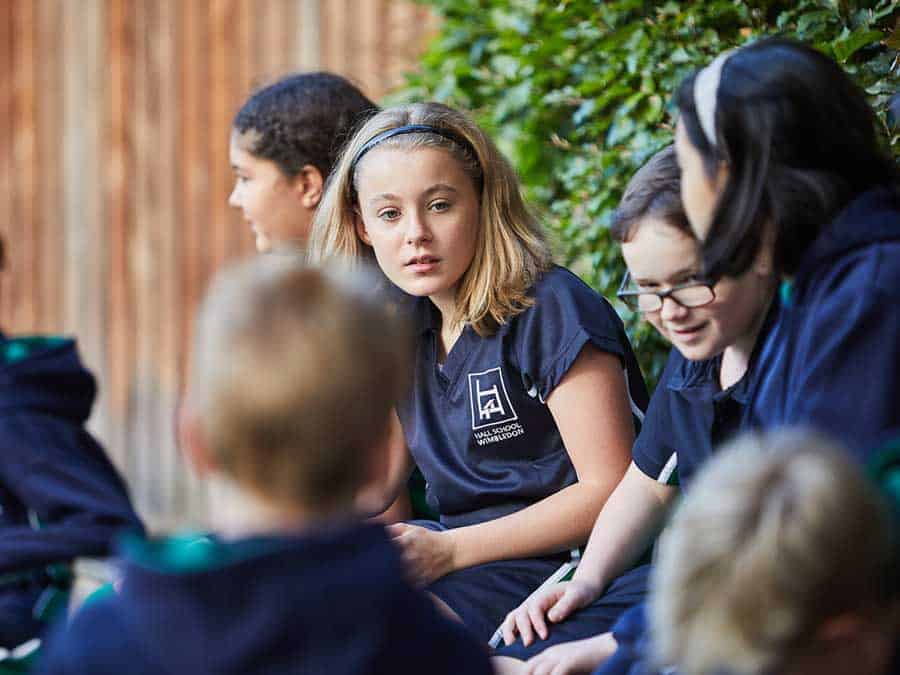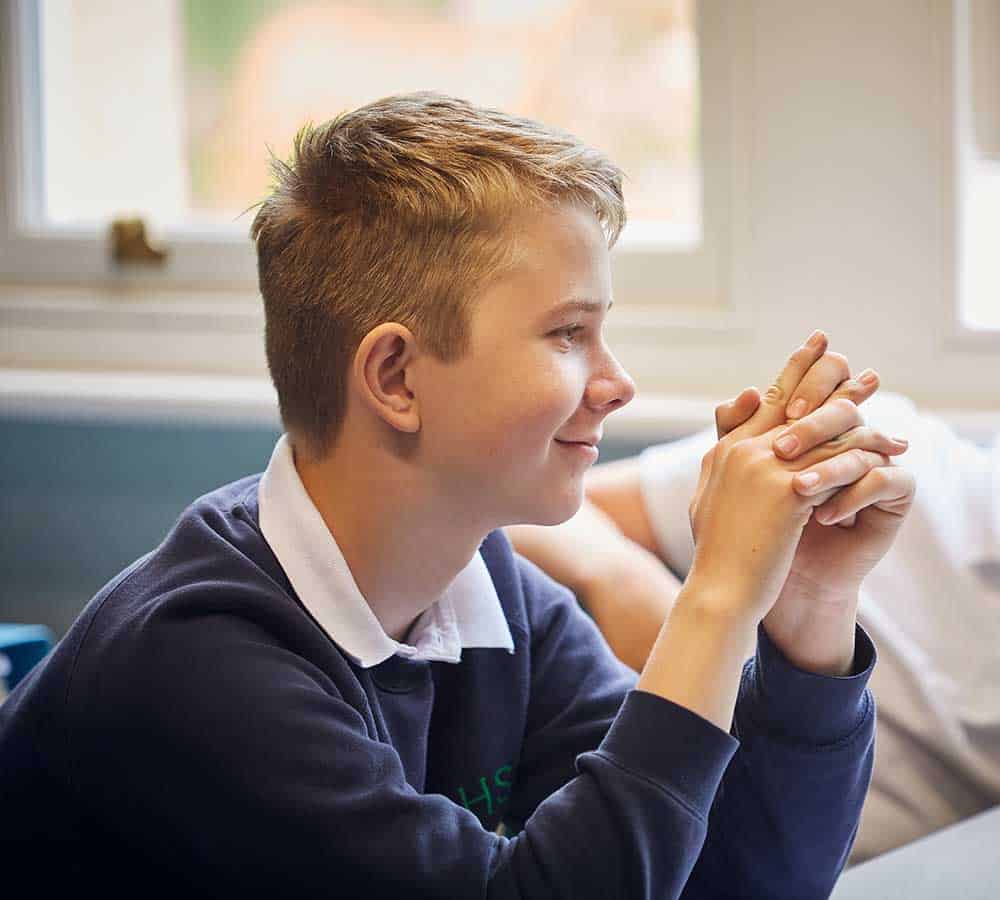PSHE
PSHE (Personal, social and health and economic education)
PSHE aims to give our children the knowledge, skills and understanding to lead confident, healthy and independent lives.
We teach Personal, Social, Health Education as a whole-school approach to underpin pupils’’ development as people and because we believe that this also supports their learning capacity.
We follow the Jigsaw Scheme. Jigsaw is a mindful approach to PSHE, providing a comprehensive programme which supports consistency and progression to our students’ from Years 1-11.
Learning also supports the “Personal Development” and “Behaviour and Attitude” aspects required under the Ofsted Inspection Framework, as well as significantly contributing to the school’s Safeguarding and Equality Duties, the Government’s British Values agenda and the SMSC (Spiritual, Moral, Social, Cultural) development opportunities provided for our young people.
Our PSHE programme aims to develop:
- Successful learners who enjoy learning, making progress and achieving
- Confident individuals who are able to live safe, healthy and fulfilling lives
- Responsible citizens who make a positive contribution to society
Pupils are also taught explicitly about British Values which are defined as:
- Democracy & the rule of law
- Individual liberty
- Mutual respect
- Tolerance of those of different faiths and beliefs.
These values are taught explicitly through Personal, Social, Health and Emotional Education (PSHE) as well as through the School’s broad and balanced curriculum.
Senior School
| Year Group | Being Me in my World | Celebrating Difference | Dreams & Goals | Healthy Me | Relationships | Changing Me |
|---|---|---|---|---|---|---|
| 7 | Unique me, differences & conflict, my influences, gateway emotions, belonging to a group, peer pressure, peer on peer abuse, online safety, sexting, consequences, online legislation | Bullying, prejudice & discrimination (positive and negative), Equality Act, bystanders, stereotyping, challenging influences, negative behaviour and attitudes, peer on peer abuse, assertiveness | Celebrating success, identifying goals, employment, learning from mistakes, overcoming challenges, planning skills, safe and unsafe choices, substances, gangs, knives, exploitation, emergency first aid | Stress and anxiety, managing mental health, physical activity and mental health, effects of substances, legal consequences, nutrition, sleep, vaccination and immunisation, importance of information on making health choices | Characteristics of healthy relationships, consent, relationships and change, emotions within friendships, peer on peer abuse, rights and responsibilities, being discerning, assertiveness,sexting | Puberty changes, Reproduction facts, FGM, breast flattening/ironing, responsibilities of parenthood, IVF, types of committed relationships, media and selfesteem, self-image, brain changes in puberty, factors affecting moods, sources of help and support |
| 8 | self-identity, influences, family and identity, stereotypes, personal beliefs and judgements, managing expectations, first impressions, respect for the beliefs of others Marriage Protected characteristics Active listening | Positive change made by others, how positive behaviour affects feelings of wellbeing, social injustice, inequality, community cohesion and support, multiculturalism, diversity, race and religion, stereotypes, prejudice, LGBT+ bullying, peer on peer abuse hate crime, fear & emotions Stand up to bullying, the golden rule Organ and blood donation | Long-term goals, skills, qualifications, careers, money and happiness, ethics and mental wellbeing, budgeting, variation in income, positive and negative impact of money, online safety and legal responsibilities, gambling issues | Long-term physical health, responsibility for own health, dental health, stress triggers and help tips, substances and mood, legislation associated with substances, exploitation and substances, county lines, medicine, vaccinations, immunisation | Positive relationship with self, social media and relationship with self, negative self-talk, managing a range of relationships, peer on peer abuse, personal space, online etiquette, online privacy, bullying and personal safety, social media issues and the law, coercion, unhealthy balance of power in relationships, sources of support | Types of close intimate relationships, physical attraction, love, legal status of relationships, behaviours in healthy and unhealthy romantic relationships, pornography, sexuality, alcohol and risky behaviour |
| 9 | Perceptions about intimate relationships, consent, sexual exploitation, peer approval, peer on peer abuse, grooming, radicalisation, county lines, risky experimentation, positive and negative selfidentity, groups, influences, social media, abuse and coercion, co | Protected characteristics, Equality Act, phobic and racist language, legal consequences of bullying and hate crime, sexism, ageism, positive and negative language, banter, peer on peer abuse, bullying in the workplace, direct and indirect discrimination, harassment, victimisation. Prejudice, discrimination and stereotyping | Personal strengths, health goals, SMART planning, the world of work, links between body image and mental health, non-financial dreams and goals, mental health and ill health, media manipulation, self-harm, selfesteem, stigma, anxiety disorders, eating disorders, depression | Misperceptions about young peoples’ health choices, physical and psychological effects of drugs and alcohol, alcohol and the law, alcohol and drug poisoning, addiction, smoking, vaping, drug classification, supply and possession legislation, emergency situations, first aid, CPR, substances and safety, sources of advice and support | Healthy relationships, Power and control in intimate relationships, risk in intimate relationships, importance of sexual consent, peer on peer abuse, assertiveness skills, sex and the law, pornography and stereotypes, contraception choices, age of consent, family planning, consequences of unprotected sex, STIs, support and advice services | Mental health stigma, triggers, support strategies, managing emotional changes, resilience and how to improve it, reflection on importance of sleep in relation to mental health, reflection on changes, benefits of relaxation |
| 10 | Human rights, societal freedom, understanding safety in UK and beyond, ending relationships safely, stages of grief, loss and bereavement, peer on peer abuse, social media and culture, use of online data, threats to online safety, online identity, assessing and managing risk, the law and social media Risk and emergency contacts Positive and negative relationships | Equality including in the workplace, in society, in relationships Equality Act 2010 Vulnerable groups including disability and hidden disability Workplace expectations Rights and responsibilities Power and control in relationships, coercive control Benefits of multicultural societies Equity, equality and inequality My health | Impact of physical health in reaching goals, relationships and reaching goals, resilience, work/life balance, connections and impact on mental health, balanced diet, vital organs, blood donation, benefits of helping others, online profile and impact on future goals and employability | Improving health, mental health, sexual health, blood-borne infections, self-examination, diet and long-term health, misuse of prescription drugs, substances and the body, common mental health disorders, positive impact of volunteering, common threats to health including chronic disease, epidemics, misuse of antibiotics Organ donation Stem cells | Sustaining long-term relationships, intimacy, healthy relationship with self Attraction, love, lust Relationship choices, ending relationships safely, consequences of relationships ending e.g. bullying, peer on peer abuse, revenge porn, grief-cycle, Impact on family understanding love, fake news Pornography | Impact of societal change on young people, role of media on societal change, reflection on change so far and how to manage it successfully, decision making, sexual identity gender, spectrum of sexuality, stereotypes in romantic relationships, sexual identity and risk, peer on peer abuse, physical and emotional changes, family change, sources of support |
| 11 | Becoming an adult. Age limits and the law Relationships and the law, consent, coercive control, peer on peer abuse, domestic abuse, honour-based, violence, arranged and forced marriages The Equality Act 2010 The law on internet use and pornography Social media concerns, sexting Keeping safe, emergency situations, key advice, first aid, scenarios and consequences | Anxiety, solution focused thinking, sleep, relaxation, Aspiration on; career, finances, budgeting, borrowing, relationships, Skills identification, realistic goals, gambling, financial pressure, debt, dream jobs, skill set, employment, education and training options, long-term relationship dreams and goals, parenting skills and challenges, resilience, what to do when things go wrong | Managing anxiety and stress, exam pressure, concentration strategies, worklife balance, sexual health, hygiene, selfexamination, STIs, sexual pressure, fertility issues, contraception, consent, peer on peer abuse, pregnancy facts and myths, pregnancy choices including adoption, abortion, bringing up a baby, financial implications, identifying a range of risks including rape and strategies for staying safe Expectations in relationships | Stages of intimate relationships, positive and negative connotations of sex, spectrum of gender and sexuality, LGBT+ rights and protection under the Equality Act, ‘coming out’ challenges, LGBT+ media stereotypes, peer on peer abuse, power, control and sexual experimentation, forced marriage, honour-based violence, FGM and other abuses, hate crime, sources of support |
Statutory RSE (Relationship and Sex)and Health Education
In PSHE, students will have the opportunity to learn in RSE
- About families, long-term relationships like marriage, parenting and their associated laws
- About respectful relationships, including friendships, about trust, stereotypes, bullying, difference, illegal behaviour in relationships and where to find help
- About relationships within the context of the media and online – and most crucially the laws that are there to protect them and others
- About safety in relationships, including what to do if they don’t feel safe in a relationship
- About intimate and sexual relationships, and their sexual health – and how the choices they make can have a long-term impact
- About the protected characteristics in the Equality Act
We teach RSE in the context of the whole PSHE curriculum and it is underpinned by the value system of the school. The emphasis is on changes that students will experience as they grow up: what those changes look and feel like, why they happen and how to manage them positively. We aim to give students their entitlement to information about puberty, human reproduction, sexual health and consent, as appropriate to their age and stage of development. It is treated in a matter-of-fact manner to allay embarrassment and fear and includes sources of support and advice.


